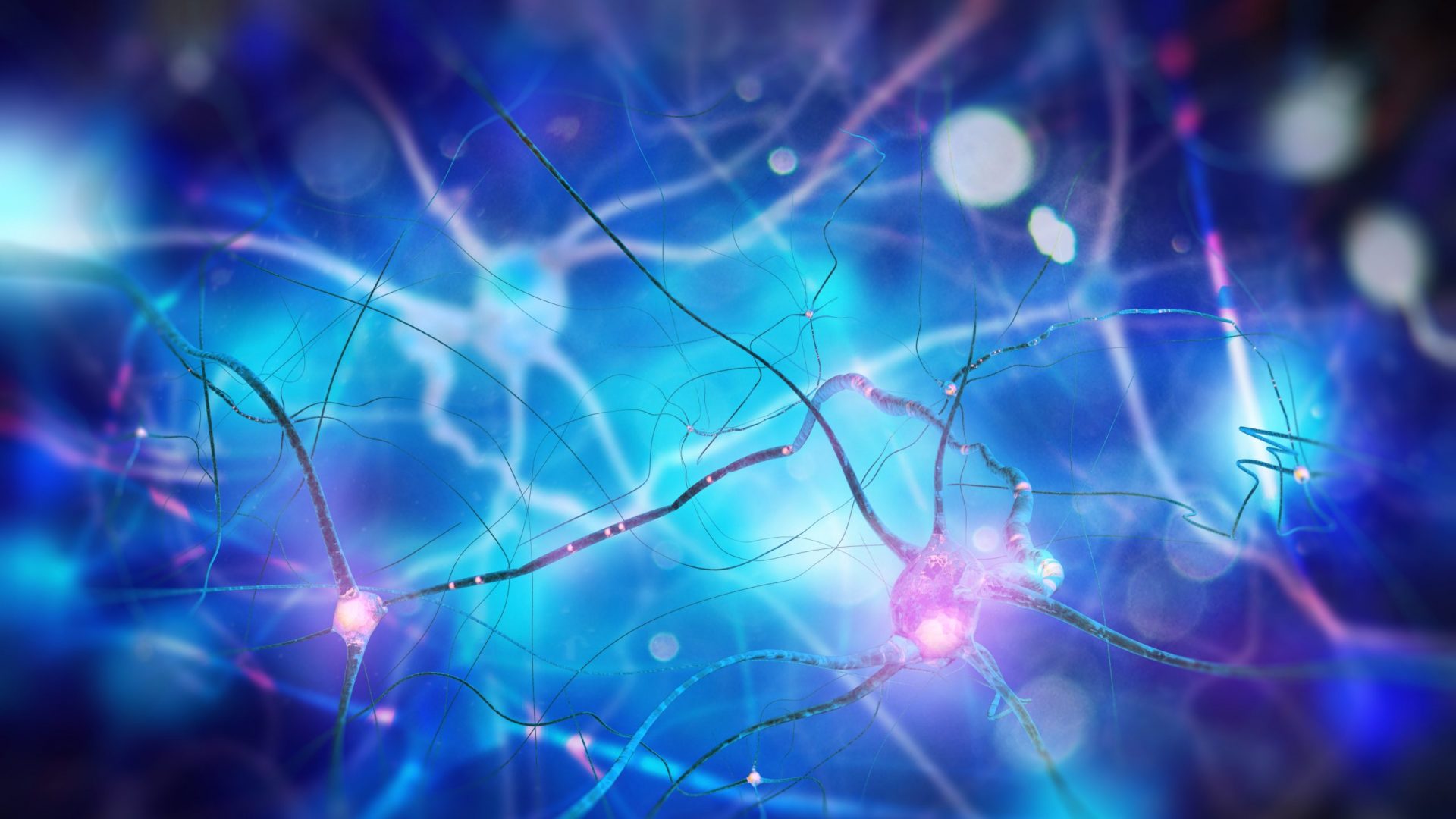“Social connectedness is a key driver of wellbeing and resilience. Socially well-connected people and communities are happier and healthier, and are better able to take charge of their lives and find solutions to the problems they are facing” ~ https://www.msd.govt.nz/about-msd-and-our-work/publications-resources/literature-reviews/social-connectedness-and-wellbeing.html
Recent research is showing how important social connection is for us as human beings. We know that it can impact on our wellbeing, our mental and physical health, as well as other economic markers of success. It is also well known that the way we are connecting has changed over time, with a preponderance of social media apps now forming the greater part of social connection for many people.
The Ministry of Social Development in NZ has identified three core components of social connection:
- Socialising
- Social Support
- Sense of belonging
Particularly as we are facing lock down (but also beyond), it is good to review and reflect on these three areas in your life and adapt your behaviours to ensure each area is covered in a way that suits you. This is about you FEELING connected.
Socialising
As humans we love to be connected with others. We enjoy being in the company of others. With social distancing in place you might like to consider:
- Downloading social media apps that allow face to face sharing (eg facetime, skype, zoom, messenger, houseparty).
- Playing Social computer gaming, that involves team members on line.
- Joining in participatory challenges on facebook
- Organising a virtual tea party on line
- Look for an online group learning activity
- Explore on line groups around a hobby, or area of interest
- Have a social distancing street party
- Pick up the phone and call a friend – have a real conversation
Social support
This moves beyond social connection, to receiving (and giving) support and assistance. Having people closer to you who you can call on for emotional, mental, physical, spiritual and social support and from whom you feel that support is given authentically and effectively (i.e. you feel the support has been given). This may include:
- Local Churches for prayer support
- Existing support networks of family and friends
- Help lines (do a search for help lines in your region)
- Listener support helplines
Sense of belonging
~We all feel an urge to ‘belong’. To have a place where we can be accepted and feel free to be ourselves. Loneliness (which is not just being on your own) is problematic to our health and well being (“an absence of satisfactory human connection, experienced as loneliness, is detrimental to physical, mental, and social well-being” ~ https://link.springer.com/chapter/10.1007/0-387-33608-7_2
Consider:
- Where you can have the deeper sense of belonging in your social network
- Where you can give back to the community (in return finding belonging for yourself)
- How you can show random acts of kindness, which boost your own sense of being part of something bigger than yourself
- Searching for local community based support networks you can become part of
Is it worth attending to?
We just wanted to bring to your attention some of the research around social connection – and why it is worth paying attention to. Here are some of our favourite quotes:
“People who feel more connected to others have lower levels of anxiety and depression. Moreover, studies show they also have higher self-esteem, greater empathy for others, are more trusting and cooperative and, as a consequence, others are more open to trusting and cooperating with them.” http://ccare.stanford.edu/uncategorized/connectedness-health-the-science-of-social-connection-infographic/
Research has shown that social connections not only impact your mental health, but your physical health as well. A review of 148 studies (308,849 participants) indicated that the individuals with stronger social relationships had a 50% increased likelihood of survival. This remained true across a number of factors, including age, sex, initial health status, and cause of death. (Holt-Lunstad, Smith and Layton 2010 https://doi.org/10.1371/journal.pmed.1000316)
Research shows us that loneliness is on the rise, and that a lack of human connection can be more harmful to your health than obesity, smoking and high blood pressure. https://science.sciencemag.org/content/241/4865/540.
Social connection can lower anxiety and depression, help us regulate our emotions, lead to higher self-esteem and empathy, and actually improve our immune systems. By neglecting our need to connect, we put our health at risk. https://cmha.ca/blogs/the-importance-of-human-connection
Summary
Find a way to connect with others. Make an effort, you will not only being doing yourself a favour, but you will be giving all these benefits to the other people you reach out to.

